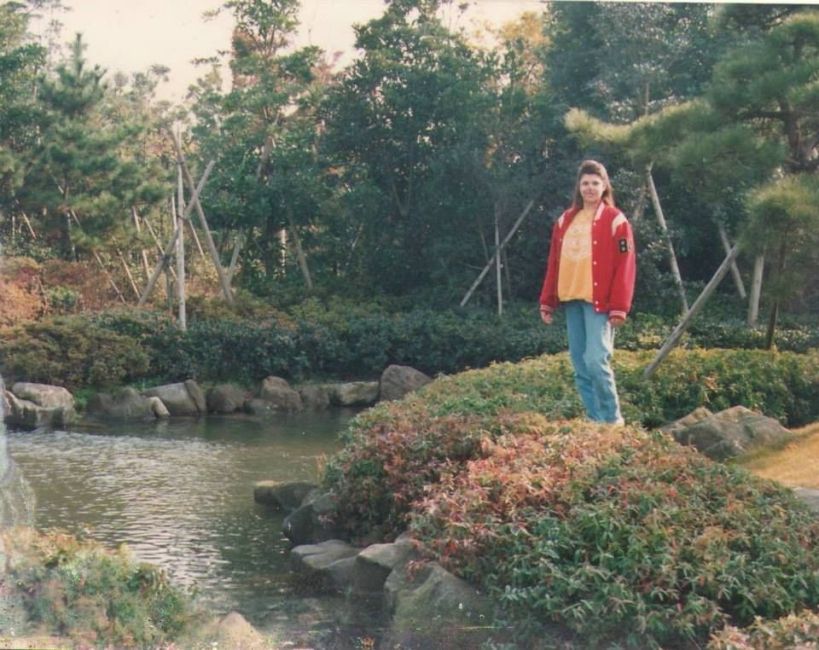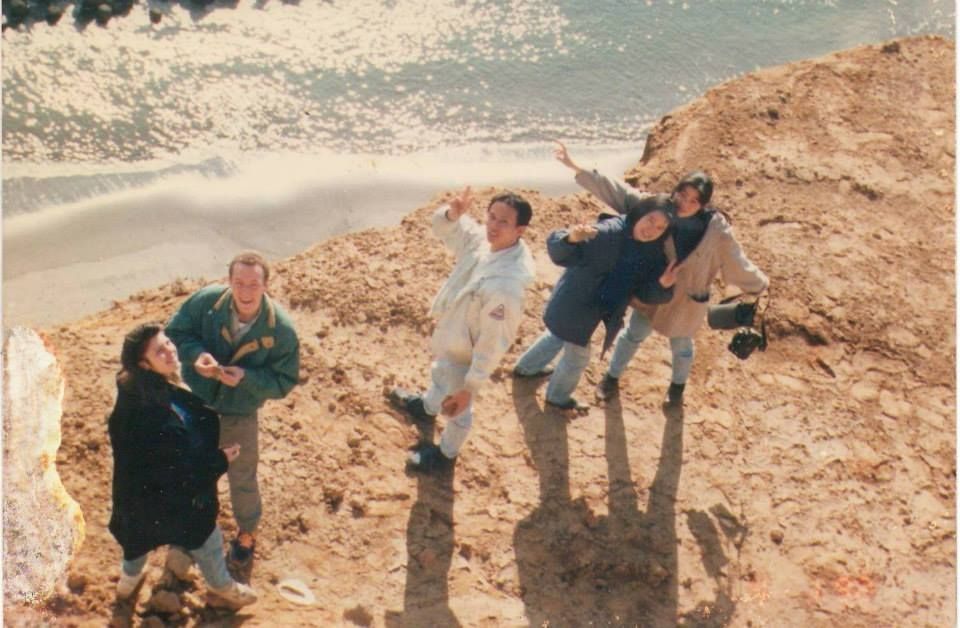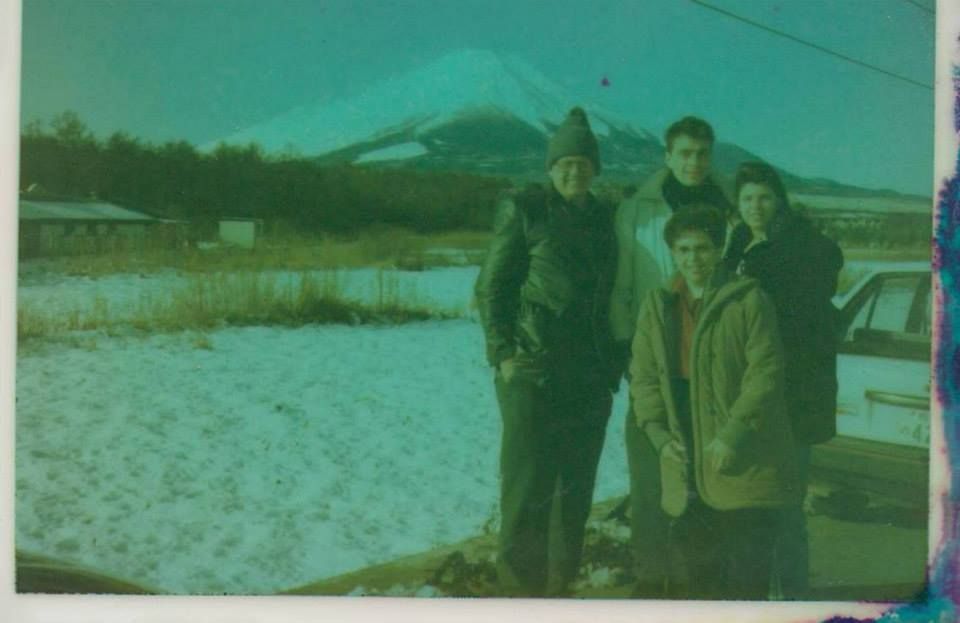My experience without TEFL, and why I encourage everyone to get certified
I received a scholarship to study in Japan for a year after graduating college. While I was at the University of Alabama, I worked for the English Language Institute. I had two groups of 25 students come in for intensive English training for five weeks. During those five weeks, I lived with them, helped them with questions they had, took them to the store, took them on cultural excursions, etc… When I arrived in Japan, nearly all 50 students met me at the airport & took me to the dormitory. The English Language Institute also had a conversation partner program in which they paid students like me to have cultural exchanges & real-life conversation practice with the foreign students who were studying at the university. This was the beginning of my EFL teaching experience. If you are in need of practicum experience, check with your local college or university to see if they have these types of language programs for foreign students studying there.
Since the scholarship didn’t cover much, I started teaching in Japan on the side to make extra money. I had private students for a while, & I eventually was asked to teach at an after-school language institute. This was my first encounter teaching young learners. It was here that I was able to experiment with teaching methods. Since my degrees were in languages & not teaching, I didn’t have much experience to draw from except my own learning methods. I used the methods I had used to learn Spanish & Japanese. Luckily, I understood the structure of languages, which I think gave me a unique advantage as a teacher. I wasn’t really able to teach grammatical points in Japanese, & the cultural structure of Asian students is to be quiet, so I wasn’t really ever sure how much they understood. I tried to make the lessons fun & engaging to increase memory retention. I tried different ways to teach, like using songs, realia, & miming. I didn’t realize at the time that I was using the different teaching approaches & catering to different learning styles the way that our CIEE TEFL certification course teaches prospective teachers to help students.
During those few months of teaching, I probably learned more about myself than I did about my students or about teaching English. I had a discipline problem with one of my students, & after a few warnings, I kicked him out of my class. My father was a Marine & my mother was a teacher, so I wasn’t very lenient with that young learner. Although I don’t regret my decision, I have learned over the years that there was probably a reason he was acting out. He wasn’t a bad kid—he was likely AD/HD. In 1992, I wasn’t aware of the psychological challenges that students face today. One of the things I love about the CIEE TEFL courses is that I can share my experiences with future educators so that they can have the knowledge that I didn’t. The CIEE TEFL certification course gives future educators such an advantage over other teachers, because they are able to learn from their facilitators as well as draw from their peers’ experiences & ideas. Our courses give future teachers a network, because our students keep in touch with us & each other. They are able to have a support group wherever they end up—something I didn’t have when I was teaching. Having personal resources are just as important as having educational resources when you are teaching abroad. As the saying goes, two heads are always better than one!




